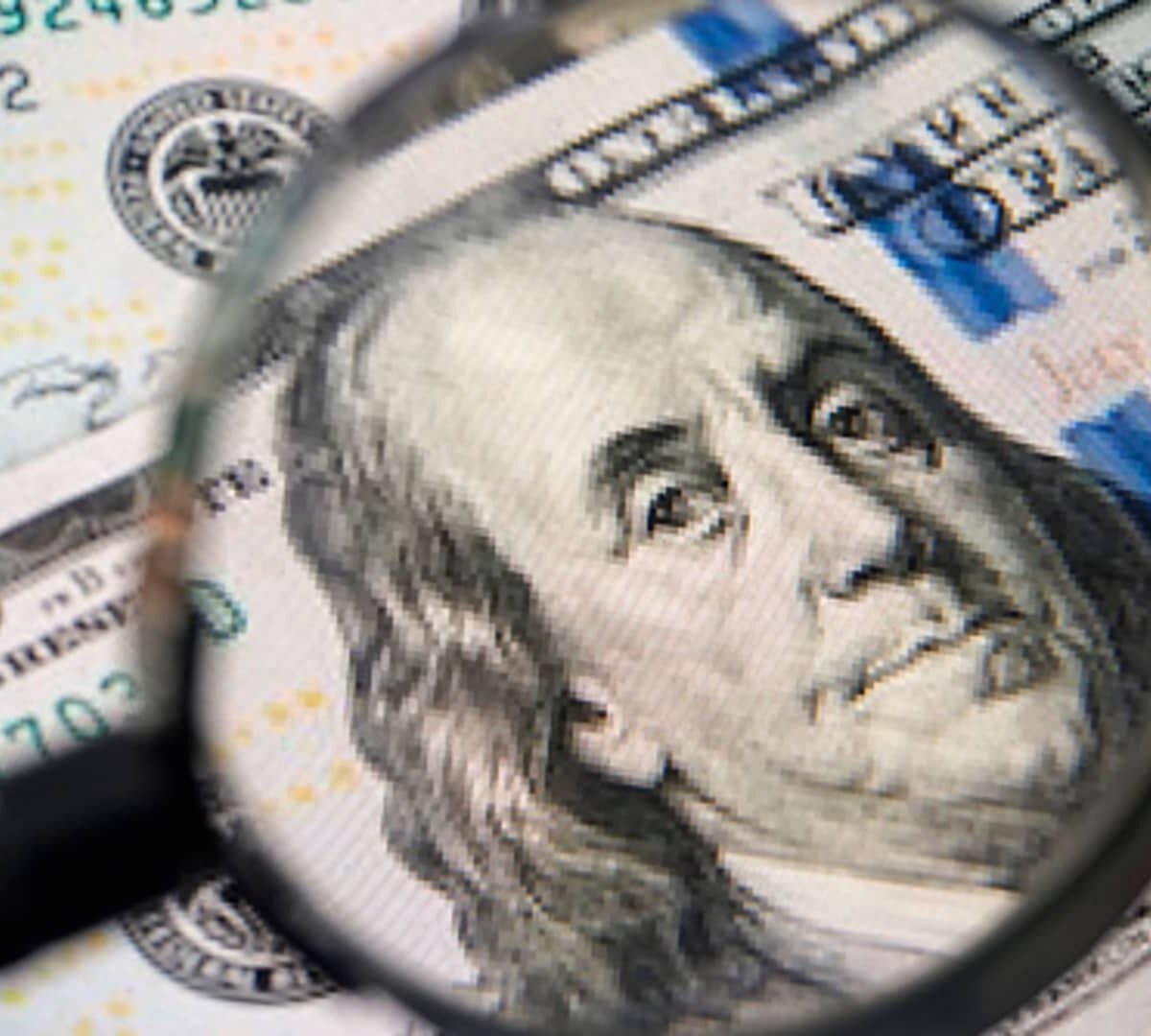Get out of cash — that’s what many on Wall Street have been saying since expectations of rate cuts started rising earlier this year. They’re now doubling down on that call, with the U.S. Federal Reserve signaling that it would finally cut rates in September. That would make cash rates less attractive than other parts of fixed income. Rate cuts typically mean that bond prices could rise. Yields and prices have an inverse relationship. Buying a bond also means locking in the rate of interest over the longer term, and those rates are likely to be higher than cash. Many investors had been flocking to cash since 2022, with yields rising sharply as the Fed started to raise interest rates aggressively to combat inflation. “So, yesterday’s policy meeting, when taken alongside the balance of recent data, strongly suggests that investors should prep for a September rate cut from the Fed, and begin to reduce cash allocations in favor of more attractive areas in fixed income,” said Rick Rieder, BlackRock’s chief investment officer of global fixed income, in a Thursday note. “An easier tack from the central bank is likely to buoy risk markets like high yield fixed income and other spread product, including structured products, investment grade corporates and emerging market debt,” said Robert Tipp, chief investment strategist and head of global bonds at PGIM Fixed Income. Tim Murray, capital markets strategist at T.Rowe Price, said he would prefer high-yield bonds to U.S. Treasurys. For investors looking for ideas, here are the top-performing global fixed income funds covered by Morningstar.





